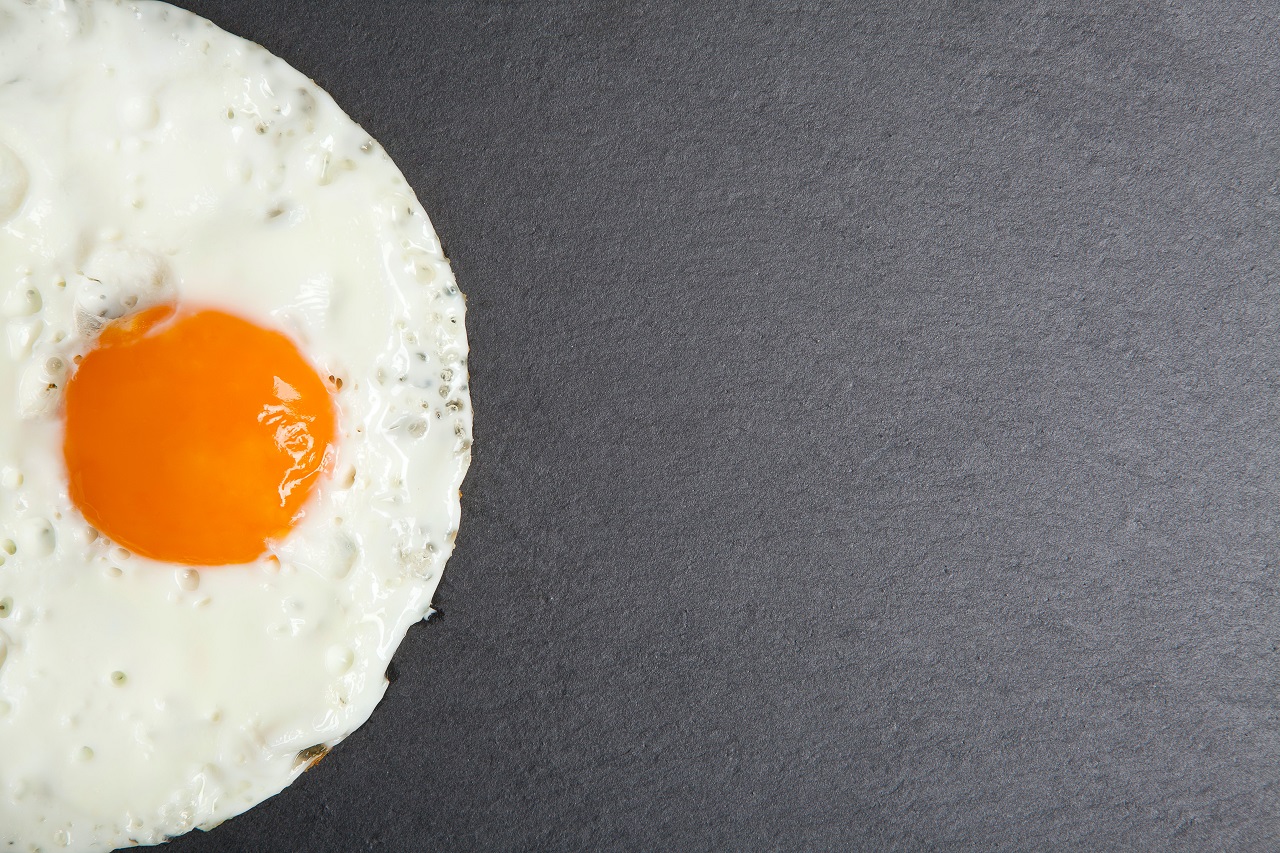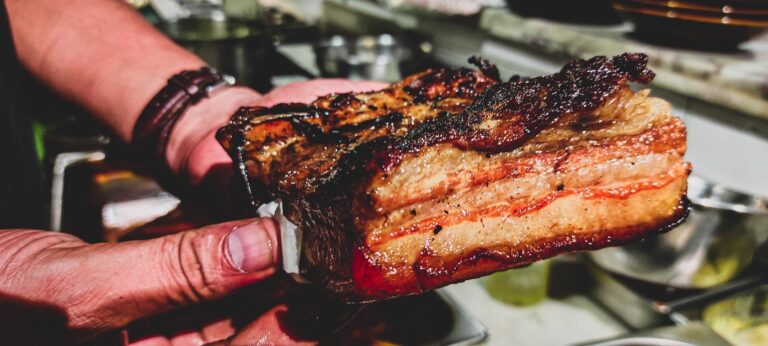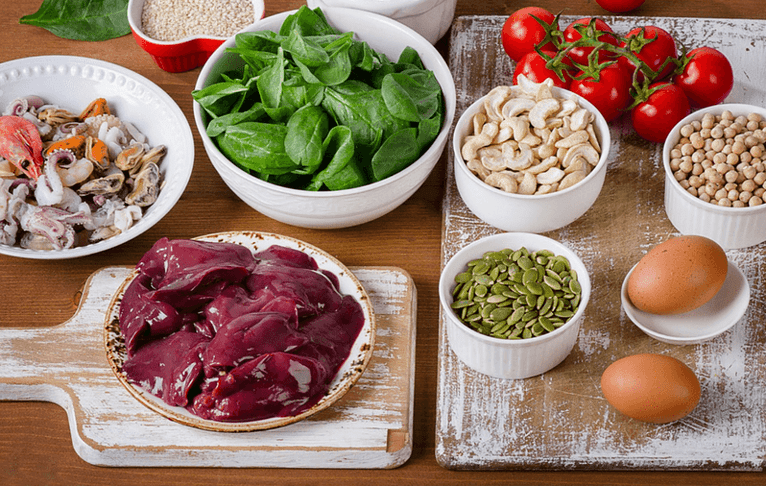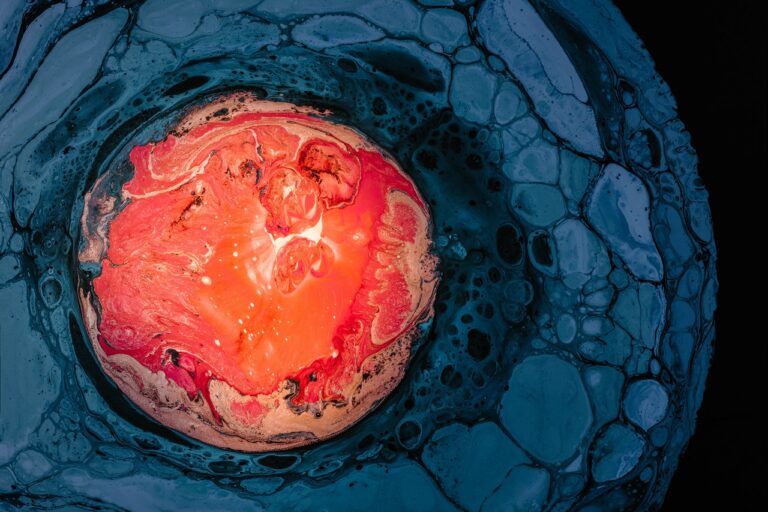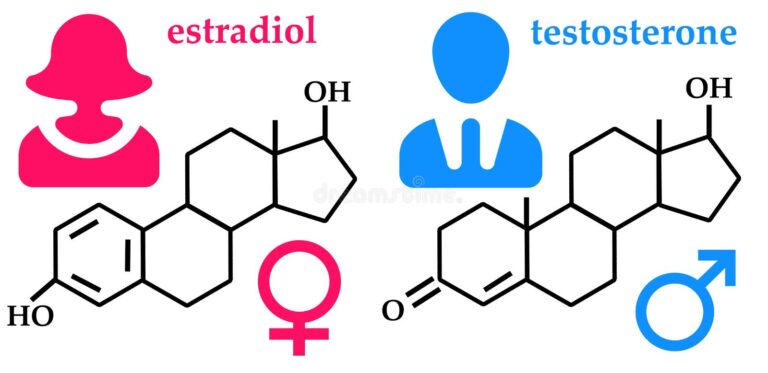Proteins – The Building Blocks
Oh, yes! These are the building guys. Proteins are the main building blocks you are made of. If you want to keep your muscles, bones and tissue healthy you better have adequate protein intake.
I say adequate, because we usually get it enough from our everyday common diets, but what counts is the quality and type of the protein and that is something we’ll address a little bit below.
But first, a little biochemistry
Proteins are made of molecules that are called amino acids. They are relatively simple molecules and as the name says, they have both amino (-NH2) and acid (-COOH) groups attached for the same carbon atom. More than 100 amino acids exist, but only 20 of them are important for protein synthesis.
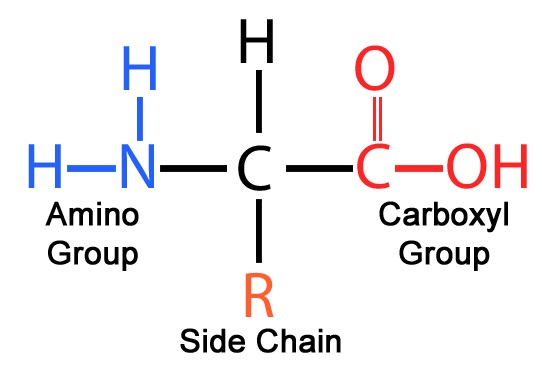
The sequential order, number, and chemical identity of the amino acids in the protein determine the protein’s structure and functions, so the behavior of proteins are dependent on the chemical identity of amino acids. They are the main ingredients in the recipe of proteins assembly and as you can’t randomly change some ingredient in your tonight’s dinner and expect to get the same meal, it’s the same with protein, you’ll just get the different end result. Except that the consequences of such change are much more serious than that you will eat something with a slightly different taste.
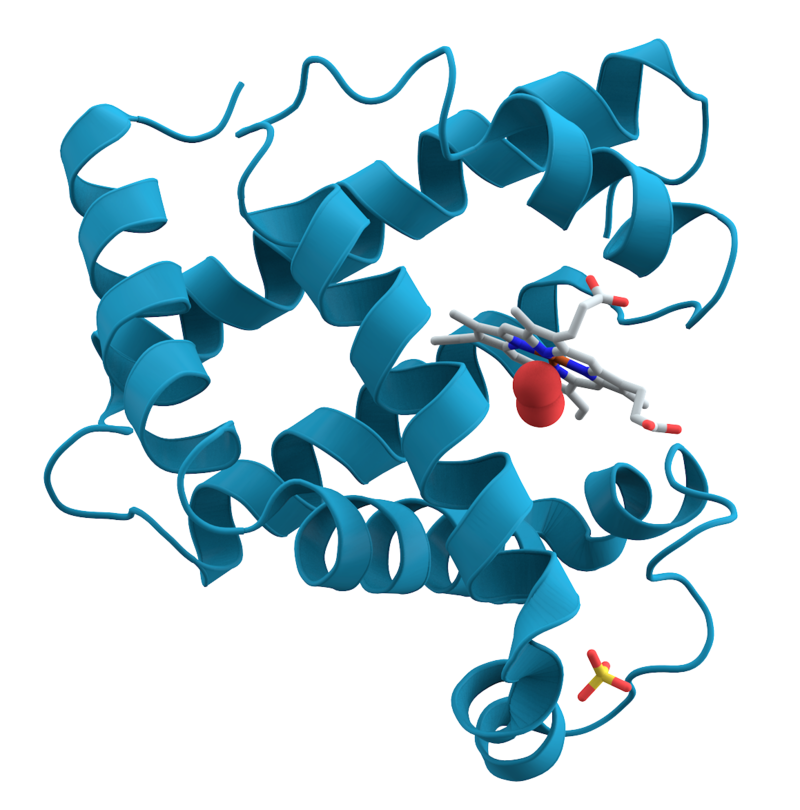
The role of DNA and RNA in protein synthesis
We all have heard and know of DNA and RNA. DNA possess the information which controls the sequence of amino acids. Information about the sequence is sent through messenger RNA (mRNA) which acts as a template for creation of protein structure.
There’s another type of RNA, called transfer RNA (tRNA), which carries specific amino acid into one of cell’s compartments called ribosomes to join it to the existing chain through the formation of so-called peptide bond. That is one of the most important bonds in biochemistry that is built by linking between carbon and nitrogen atoms of the two amino acids. This process of formation continues for hundreds of times to firstly produce dipeptides and eventually polypeptide, which we call protein.
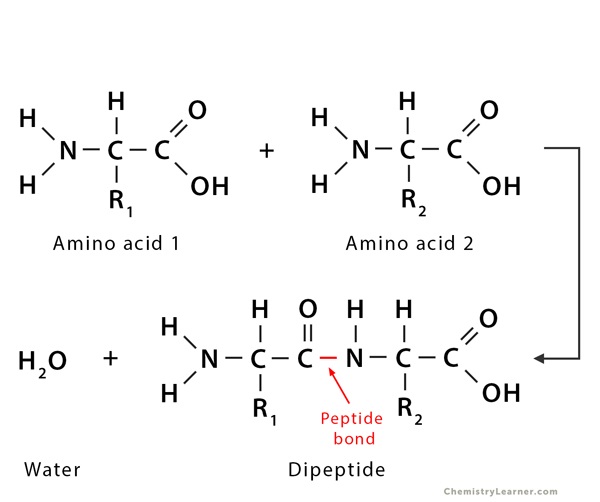
Essential amino acids and how to get enough of them
It would not be wrong to say that amino acids, and consequently proteins, are the building blocks of life. This statement gets even more serious when we know that of 20 important amino acids 9 of them are essential and can not be synthesized in our bodies, so they must be taken through a some kind of diet. This is the point where adequate choices of our food intake become important.
I’ll list essential amino acids for all the nerds out there (nothing wrong with being a nerd, count me in :))
- histidine,
- isoleucine,
- leucine,
- lysine,
- methionine,
- phenylalanine,
- threonine,
- tryptophan and
- valine.
For some of these you have surely heard of, or maybe read in some Sunday newspaper health & wellness add-on issue. The easiest and the most effective way to intake essential amino acids is through proteins contained in food of animal origin, but an adequate combination of plant-based food and proteins in it will also do the job. What is necessary is to keep in mind that plants mostly contain proteins that, from a biochemical point of view, do not satisfy the needs of our bodies in the way that animal food does.
So, typically your body needs about 60 grams of protein per day (0.8 grams per kilogram of body weight or 10 to 15% of total calories) and it can utilize 100% of the proteins that are in eggs and a high percentage of the proteins in milk and meats, but little less than half of the proteins in most vegetables and cereals.
Proteins and fats
Without going to far into this topic, the correlation between proteins and fats is something that gets a lot of attention and the discussion of low or high fat protein intake is quite present around us. What is important to be aware of is the significance of adequate intake of fats with proteins which has recently shown to be very beneficial for protein metabolism as fatty acids from fats contribute to the conservation of muscle protein mass. More about fats in this article, but the thing that we should take into consideration is that food rich in fats shouldn’t be demonized.
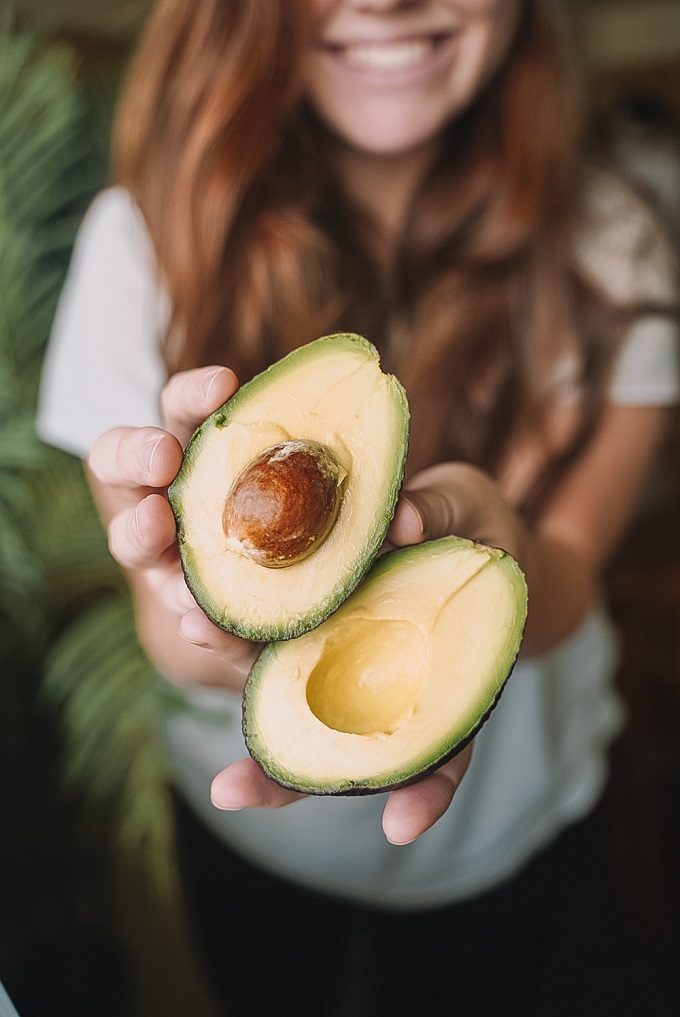
So to be and stay strong and functional, you should be more aware of the structure and amount of protein you eat with your food everyday.

